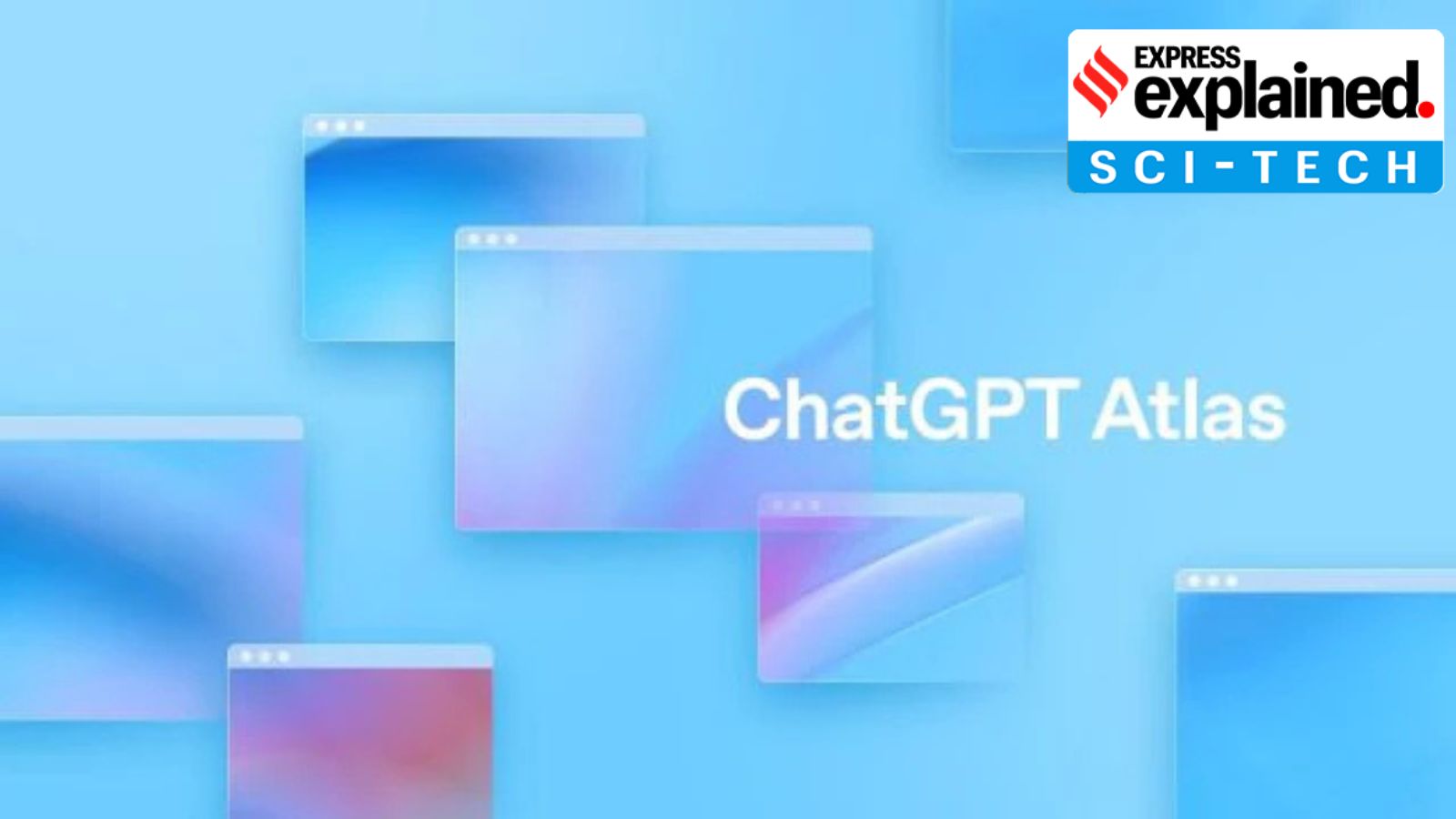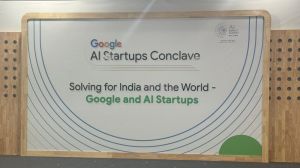ChatGPT Atlas does not immediately include a traditional address bar that is a key feature in search, with founder Sam Altman saying it was “built around ChatGPT”. The browser comes as OpenAI looks to monetise its huge investments in AI, and utilise its large user base. At OpenAI’s DevDay event earlier this month, Altman announced that ChatGPT had reached 800 million weekly active users.

ChatGPT Atlas also includes an agent mode that conducts searches on its own for users of its popular chatbot. Agent mode in Atlas is available today in preview for Plus, Pro, and Business users.
Why everyone is doing a browser
The web browser is the gateway to everything – search, docs, shopping, banking, research, entertainment. Owning that interface means companies can control how users reach the web, and observe and optimise user intent directly. Besides, whoever owns the interface, owns user data, which can be used as a monetisation channel, the way Google does with its advertisement business. There is a reason why Google pays Apple billions of dollars to remain the main search engine on iPhones.
Companies competing with Google in AI, the likes of OpenAI and Perplexity, are focusing on shipping web browsers to their users, embedded with AI capabilities, which is where the latest frontier of AI battles is expected to be. People are familiar with searching the Internet on a web browser to find information, an experience where a chatbot’s prompt interface may seem alien to them. Launching browsers, therefore, could be a way to integrate the functionality of the two.
Unlike the current search engine experience, where a question is responded by multitudes of links to other websites which may actually contain the answer to the question, AI-based browsers are expected to change the paradigm of online search, by not only offering personalised, concise responses to a query, but also prompting a user to look for more related and relevant prompts that could further solve their query.
Impact of AI on web traffic
There are some signs that AI-enabled services, such as Google’s AI Overviews, are reducing the number of clicks on several publishers’ websites, as AI-led summaries might prove to be just enough information that many people are seeking. A study conducted by Pew Research earlier this year found that Google users were less likely to click on result links when visiting search pages with an AI summary compared with those without one. For searches that resulted in an AI-generated summary, users very rarely clicked on the sources cited.
Story continues below this ad
* Google users who encounter an AI summary are less likely to click on links to other websites than users who do not see one. Users who encountered an AI summary clicked on a traditional search result link in 8% of all visits. Those who did not encounter an AI summary clicked on a search result nearly twice as often (15% of visits).
* Google users who encountered an AI summary also rarely clicked on a link in the summary itself. This occurred in just 1% of all visits to pages with such a summary.
Google, however, called the study’s methodology “flawed,” adding that it had “not observed significant drops in aggregate web traffic as is being suggested”.
AI Overviews aim to provide immediate, comprehensive answers directly on the search results page, with the result that users often find the information they need without ever clicking through to a website, leading to a “zero-click” search. Studies from SEO tool providers such as Amsive and SurferSEO seems to suggest quantifiable declines in click-through-rates for traditional organic listings when AI Overviews are present.
Story continues below this ad
AI Overviews appear at the very top of search results, often pushing organic listings further down the page, sometimes entirely below the fold, which reduces visibility, leading to fewer clicks. AI Overviews synthesise information from multiple websites, repackaging it into a snapshot. While they include citations, the key points are often extracted and displayed upfront, reducing the need for users to visit the source.
Multiple industries, including fashion, travel, DIY, and cooking, have reported significant traffic declines. Also, non-branded, informational queries are much more likely to trigger AI Overviews and experience the largest CTR drops, as compared to more specific, branded searches. That could possibly change with AI Mode.








































